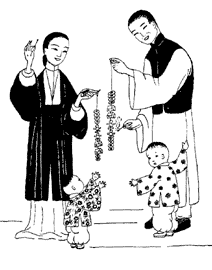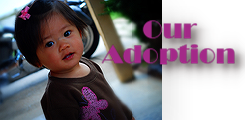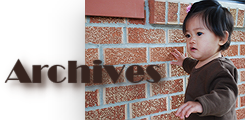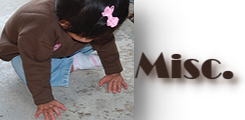
One of the most important festivals in the Chinese calendar is the "Qing Ming" or Tomb Sweeping Day.
Qing Ming Jie or Ching Ming Festival ("Pure Brightness Festival") is a traditional Chinese holiday celebrated on the 106th day after the winter solstice, occurring on April 4 or April 5 of the Gregorian calendar. It marks the middle of spring and is a sacred day of the dead.
The holiday is also known by a number of other names in the English language:
- --All Souls Day
- --Clear Brightness Festival
- --Festival for Tending Graves
- --Grave Sweeping Day
- --Tomb Sweeping Day
The concept of Filial Piety or obedience to one's elderly or ancestors is a very important concept in the Chinese culture. Traditionally, the Chinese believed that the spirits of deceased ancestors looked after the family. Sacrifices of food and spirit money could keep them happy, and the family would prosper through good harvests and more children. Till today, this is still a very important cultural concept for the Chinese.
The ancestor's altar or photo is commonly found in the family home and offerings and incence is always provided.
Once a year, during Qing Ming, the Chinese visit their family graves to tend to any underbrush that has grown out of hand around the grave. Weeds are pulled, and dirt swept away, and the family will set out offerings of food and spirit money.
Honoring Ancestors
Honoring ancestors begins with proper positioning of a gravesite and coffin. Rich families will believe in the concept of "feng shui", or geomancy and as far as possible, will choose an area that faces south, with groves of pine trees to create the best flow of cosmic energy required to keep ancestors happy.
A "happy ancestor" will in turn, bless the living family! Family members will visit the gravesite of their ancestors at least once a year to tend to the tombs, especially on Qing Ming. The Chinese will cook up good food to their ancestors at altar tables on Qing Ming in their homes. The food usually consists of chicken, eggs, or other dishes a deceased ancestor was fond of. Accompanied by rice, the dishes and eating utensils are carefully arranged acccording to a certain position so as to bring good luck.
Many times, incence or paper offerings are burnt and offered to the ancestors as well. These are known as "hell money" or "paper money" in the belief that the dead needs to spend money in their afterlife as well.
Family Traditions
Because many graves are located in remote locations, and sometimes a family has more than one grave to visit, a trip to clean and pray at ancestral graves during Qing Ming can be a trip at the crack of dawn and to last until last light.
Many times, this is an entire family trip, whereby parents will share the value of Qing Ming with their young children and impressing onto them the Chinese tradition of honoring their ancestors.
It is not uncommon to find traffic jams and chaotic mess at these remote graveyards which are normally quiet but tend to see massive crowd whenever Qing Ming comes about.























 Do not be afraid for I am with you. I will bring your children from the East and gather you from the West." ~God (Isaiah 43:5)
Do not be afraid for I am with you. I will bring your children from the East and gather you from the West." ~God (Isaiah 43:5)
2 comments:
That is very interesting. I hadn't heard of this holiday. Thanks for the info.
Hmmmmm....interesting. Thanks for sharing the info! ;)
Post a Comment